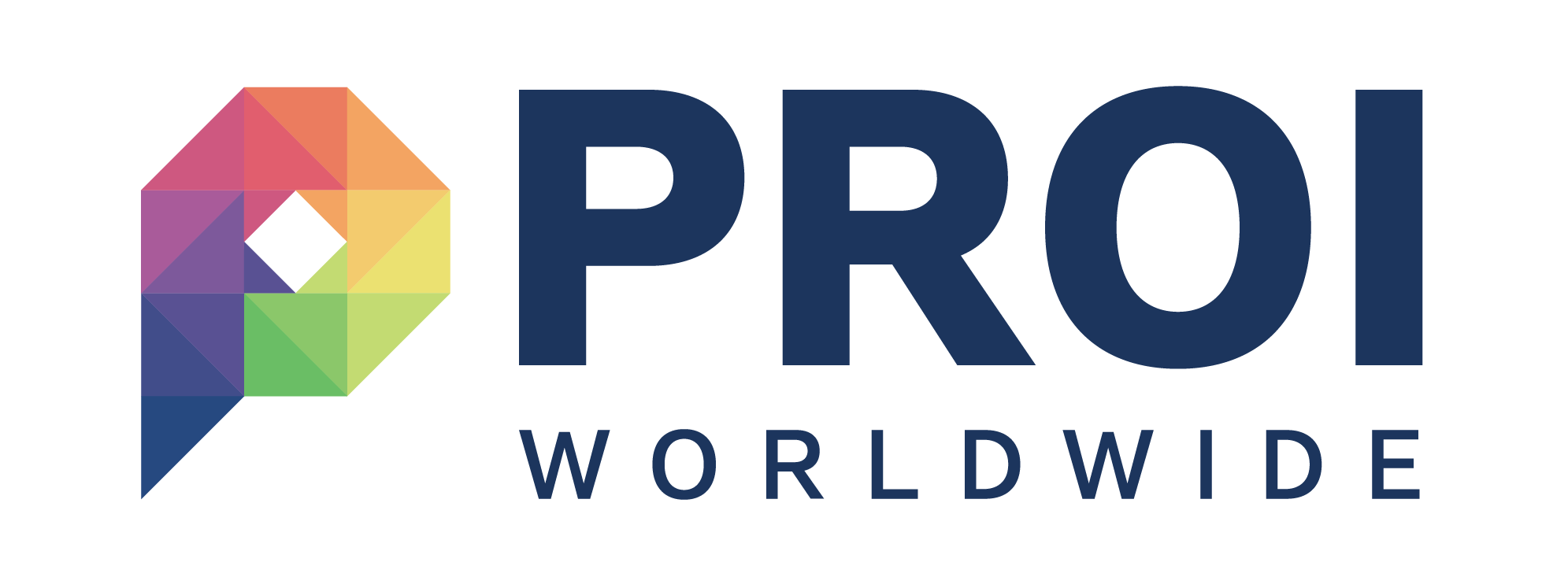Article: Discourse, debate and disagreement: how to work in 2018
Author: Simon FryerDate: Simon Fryer
Perhaps one of the biggest conversations of 2017 was about conversation itself. What was allowed to be spoken and where? Who could speak about which topics? People came forward having previously felt unable to speak up, while others felt silenced and marginalised. No-platforming seemed to become the biggest platform of all.
The debate is complex and nuanced, and there are not always easy answers. And it has not been made any easier by the gradual crescendo towards the ‘siloing’ of speech around hot button issues – where one group may believe that they are uniquely qualified to provide the final word on the matter, and others have no right to comment at all – that risks restricting the debate altogether.
2018 is a year where we have to re-emphasise the importance of discourse, even if it means the path to action isn’t as smooth as we’d like. This doesn’t just apply to the world at large, but within our own industries as well.
Discourse. Debate. Disagreement. Without them, the marketing industry can quickly fall prey to complacency or dogma. Think about when we’re working with clients: there is always the small, secret hope that they simply accept all our ideas without question, ceding to our years of collective brand expertise. It would certainly make our lives more comfortable.
But constructive discussion around the creative idea, or the strategic planning, or the content messaging – all of it forces us to assess the integrity of our ideas under the view of a third party, stress-testing them and finding areas that could be improved or refined. Through it, we become even more expert. If the conversation had been ‘siloed’ to just involve ourselves, insight might have been lost.
Of course, it works both ways. It’s crucial to have opinions on things ourselves – as an agency, we’ve been brought in for that very reason. Sometimes a client might want to take one path, while we feel another path is the better option. Disagreeing may seem like conflict or tension, but as long as there is transparency and clarity in the discussion, its really just the creative friction required to ensure the best choices are being made.
It’s the same within agencies. Integration is where communications is heading and, like Deliveroo or the musical Hamilton, it’s something that makes so much sense that it’s baffling it took this long to reach fruition. You need to be able to talk about campaigns and projects from start to finish, not just to the design team when the plans reach them a month down the line, or senior management at the very beginning or end of proceedings. Being able to debate an idea from an Account Director, or have a Web Developer suggest a fresh twist that will execute brilliantly on mobile, are ways of becoming more than the sum of our parts. Without it, all we’d know is what we already know.
The same applies within the clients themselves. Every year, we hold thought-leadership workshops with some of the brands we work with to generate new ideas for content moving forward. We found that by including an array of stakeholders from across the business – rather than just senior management – we started to spark in new ways and formulate new perspectives. It was so noticeable that we now strongly recommend that exact approach to every workshop, irrespective of sector or company. Different voices lead to different discussions.
2018 also marks the 50th anniversary of Elvis Presley’s song ‘A Little Less Conversation’. Elvis may have been the King in many ways, but that drawling mantra – “a little less conversation, a little more action, please” – only takes us so far. Of course, we can’t talk forever. Eventually action has to be taken. But restricting opinions for the sake of smooth progression, towards a goal that could’ve been improved with just a little more conversation, is a temptation that marketers should resolve to leave in 2017.
View PDF Version
